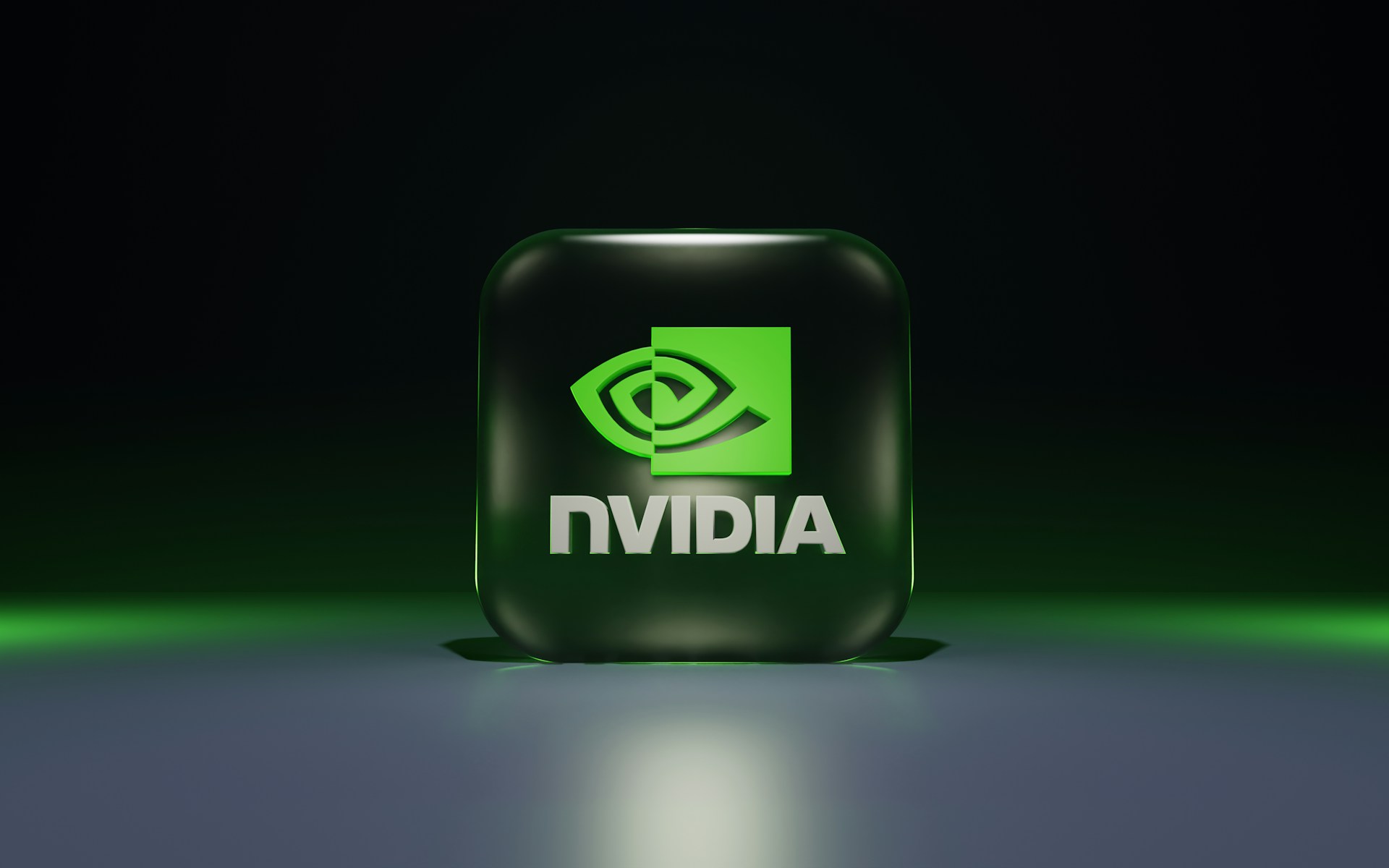
China banned ByteDance, Alibaba, and other tech giants from buying Nvidia’s artificial intelligence (AI) chips on Wednesday, September 17, forcing companies to scrap tens of thousands of processors they had already ordered.
The Cyberspace Administration of China told firms to cancel all purchases of Nvidia’s RTX Pro 6000D chips and halt all testing. Nvidia’s stock dropped three percent following the news.
“I’m disappointed with what I see,” Nvidia CEO Jensen Huang said at a London press conference. The executive added that China and the United States “have larger agendas to work out.”
Huang was set to meet President Donald Trump at a state dinner on Wednesday evening.
The ban goes further than China’s previous warnings against buying Nvidia products. Earlier guidance discouraged purchases of the company’s H20 chips, but this week’s order demands immediate action.
Chinese regulators have recently concluded that domestic AI chips now perform as well as or better than Nvidia’s China-specific models. Officials summoned chipmakers like Huawei and Cambricon to compare their products against Nvidia’s offerings.
“The message is now loud and clear,” a tech executive told the Financial Times. “Earlier, people had hopes of renewed Nvidia supply if the geopolitical situation improves. Now it’s all hands on deck to build the domestic system.”
China’s move comes after years of tightening US export controls on advanced semiconductors. Washington first restricted chip exports in 2022, citing national security concerns about China’s military development.
President Trump briefly eased some restrictions in August. His administration allowed Nvidia to sell certain chips to China in exchange for fifteen percent of the revenue.
The arrangement hasn’t produced results yet. Nvidia hasn’t shipped any H20 chips under the deal, and officials haven’t determined how payments would work.
China’s semiconductor push includes boosting domestic production. Chinese chipmaker Cambricon reported a 4,300 percent revenue jump in early 2025, while domestic tech stocks have surged throughout the year.
House Speaker Mike Johnson criticized China’s approach during a CNBC interview on Wednesday. “They have no regard whatsoever for U.S. trademark law,” Johnson said. “It is not the fault of the United States that there are these strained relations. It is the fault of China.”
The RTX Pro 6000D was Nvidia’s last major product allowed for sale in China. Huang introduced the chip during a Beijing visit in July, positioning it for automated manufacturing uses.
Neither Alibaba, ByteDance, nor the Cyberspace Administration responded to requests for comment.






















